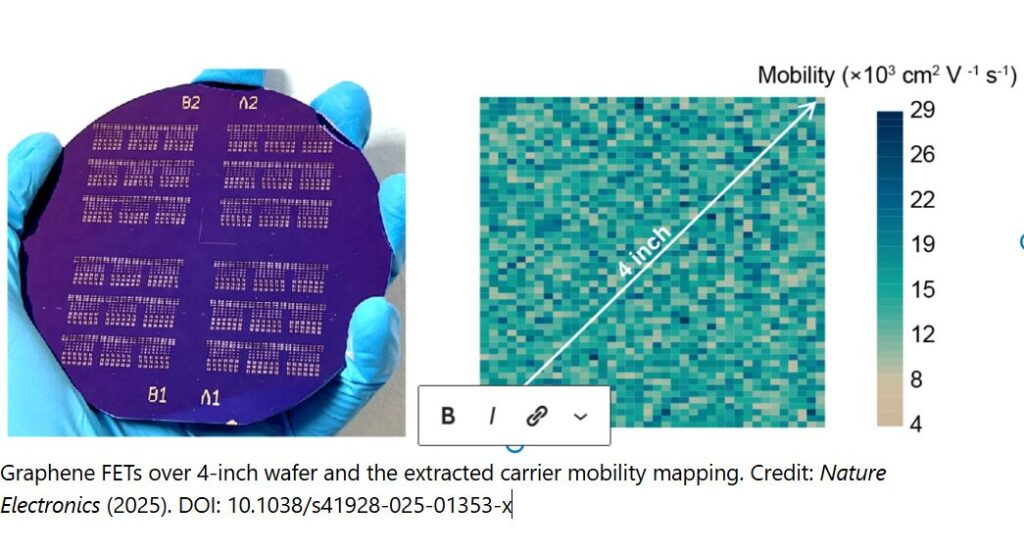
In today’s interconnected world, infectious diseases pose an escalating threat, as demonstrated by the coronavirus pandemic and outbreaks of H1N1, SARS, Ebola, Zika, and H5N1 (bird flu) viruses—all of which have had significant global health and economic impacts.
But more common viral diseases also contribute to global health challenges and economic costs. For example, seasonal influenza epidemics occur annually, causing a substantial global disease burden and economic losses exceeding $11.2 billion each year in the United States alone...
Read More















Recent Comments